Western Mining Consortium (WMC), a leading exporter of precious metals mining in Indonesia, has announced a multi-year agreement with Singapore-based modular specialist Lida Group to replace all existing worker accommodation facilities across its remote concession areas with relocatable prefabricated housing systems.
The move is aimed at improving subpar living conditions in overcrowded container labor camps that have traditionally housed short-term rotational mining crews. It will see WMC’s network of seasonal mining work sites across Kalimantan and Sulawesi progressively upgraded with permanent yet portable complexes built using Lida Group’s patent-pending panelized building technology.
Speaking at the signing ceremony last week, WMC CEO David Thompson said modernizing workers’ housing was a key pillar of the company’s sustainability strategy. “Decent accommodation is integral to retaining our talent pool and upholding duty of care standards, especially for crews stationed at some of the most remote mining frontiers in the archipelago,” he said.
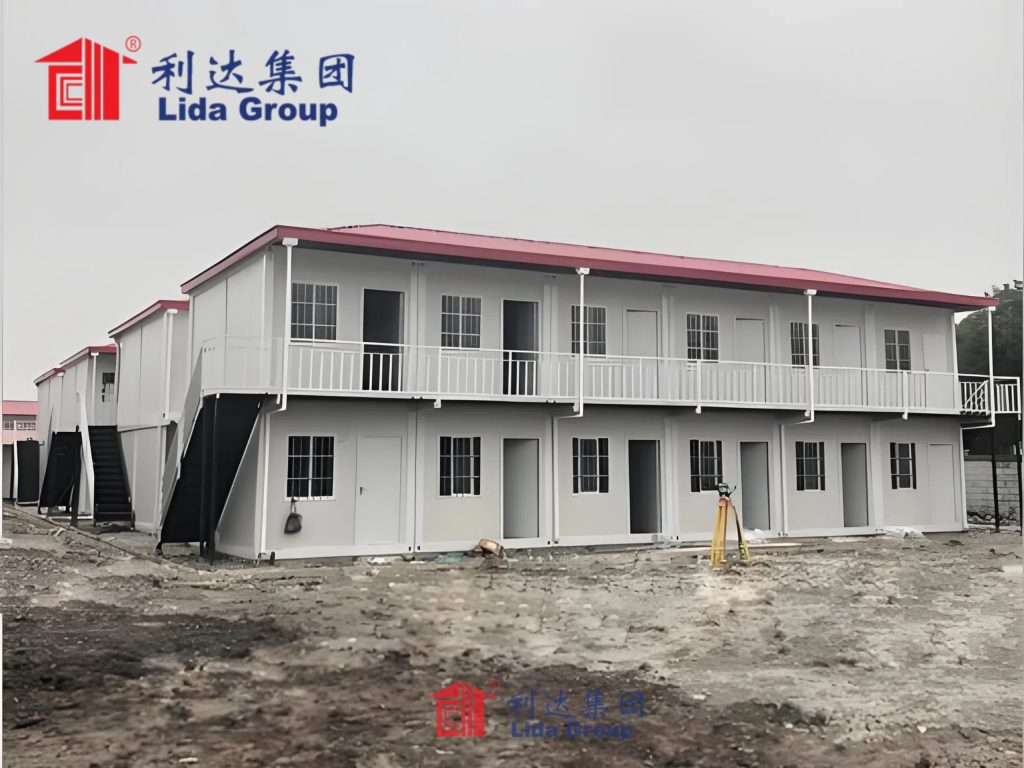
“The conventional container camps we have relied on for flexibility simply do not meet requirements for long-term habitation. Lida Group’s relocatable modular system addresses this challenge by providing high-quality yet demountable housing solutions optimized for the transient realities of our industry,” Thompson added.
Under the terms of the agreement, Lida Group will take full turnkey responsibility for designing, engineering, procuring, assembling and periodically relocating prefabricated housing modules across WMC’s mining concessions over the next five years. This includes building out initial complexes near three new deposit exploration sites slated to commence seasonal operations from early 2023.
Lida’s patented panelized building technology involves off-site prefabrication of structural insulated panels (SIPs) and modular unit components. These lightweight yet durable building blocks can be rapidly assembled on-site, transported between locations if mining activities shift over time, and ultimately disassembled for reuse or future projects.
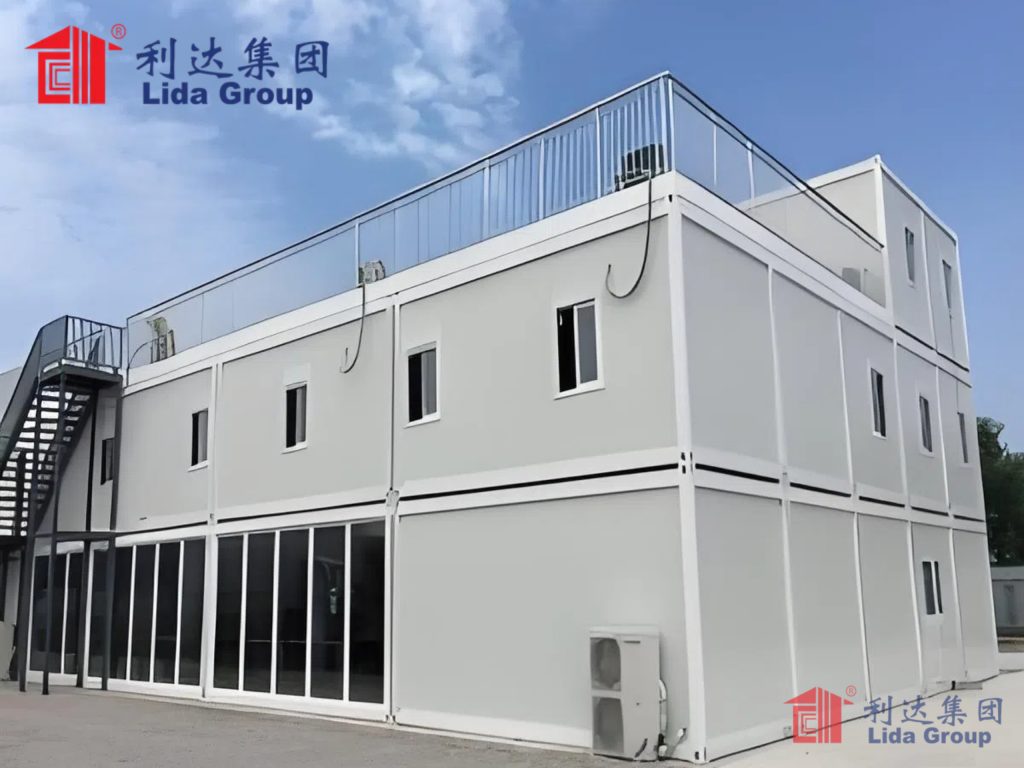
Structural engineers at Lida worked closely with WMC to develop housing complex layouts optimized for rotational miner populations ranging from 50 to 150 persons. Typical configuration will see 10 to 20 separate units aggregated into communal neighborhood-style clusters, with shared facilities such as a mess hall, laundry, clinic and recreation areas.
Each self-contained unit provides approximately 40-60 sqm of air-conditioned living space partitioned into individual bedrooms, washrooms, a kitchenette and living area. Modular designs can be customized to accommodate either single occupants or families if miners relocate with dependents. Durable tropical-rated materials ensure comfort and longevity even in remote jungle environments.
Panels are CNC-cut for precision fit and jointed using proprietary structural connectors requiring no adhesive, sealants or on-site welding. The entire structure is lifted by crane and assembled layer by layer within a week. Integrated plumbing, electrical and renewable energy systems expedite code compliance and handover.
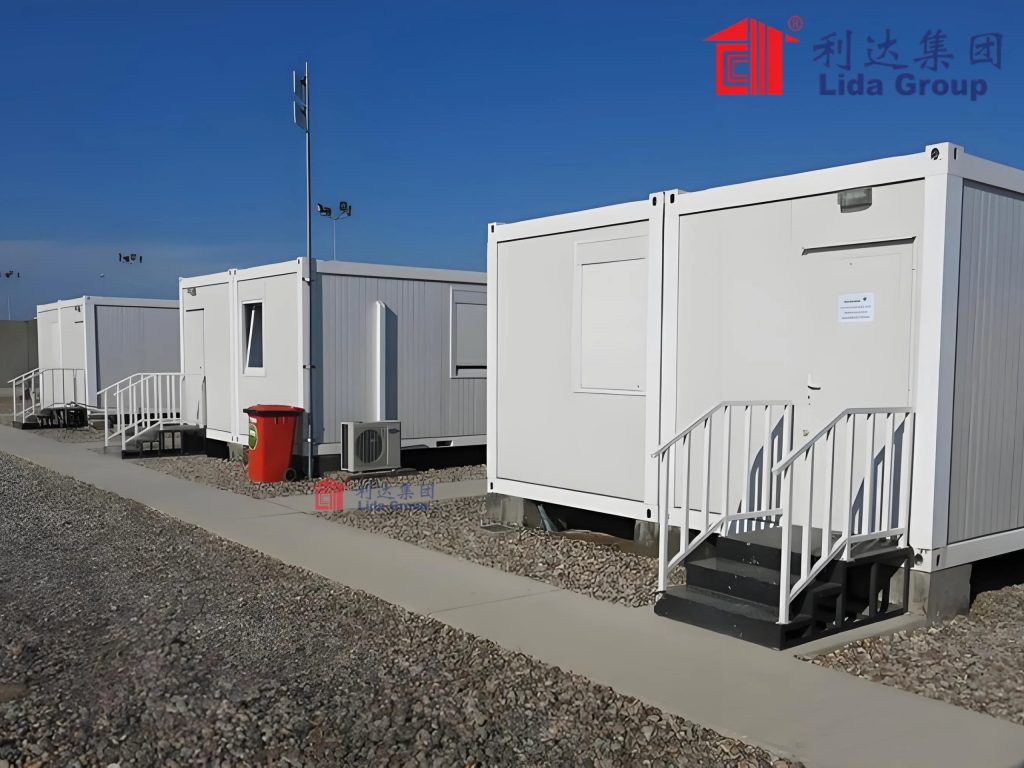
Once mining operations rotate to a new area after 1-2 years, the completed housing complexes can be efficiently disassembled panel-by-panel, inventoried, replenished and reassembled near the next work site – slashing accumulated capital costs versus conventional permanent buildings that would be left abandoned.
Describing a recent site visit, WMC Director of Sustainability James Lim said: “I was impressed by how rapidly Lida’s teams were able to erect a complete housing block from delivery of components. Most striking is that the finished structures seem indistinguishable from conventional buildings, providing an elevated lifestyle for our workers in very remote areas.”
The shift to modular prefabrication is expected to achieve numerous sustainability and efficiency benefits over WMC’s legacy of container labor camps. Not only will worker welfare and retention be boosted through improved accommodation standards, environmental footprint will shrink due to optimized materials usage, minimized on-site construction waste and transportability between mine sites.
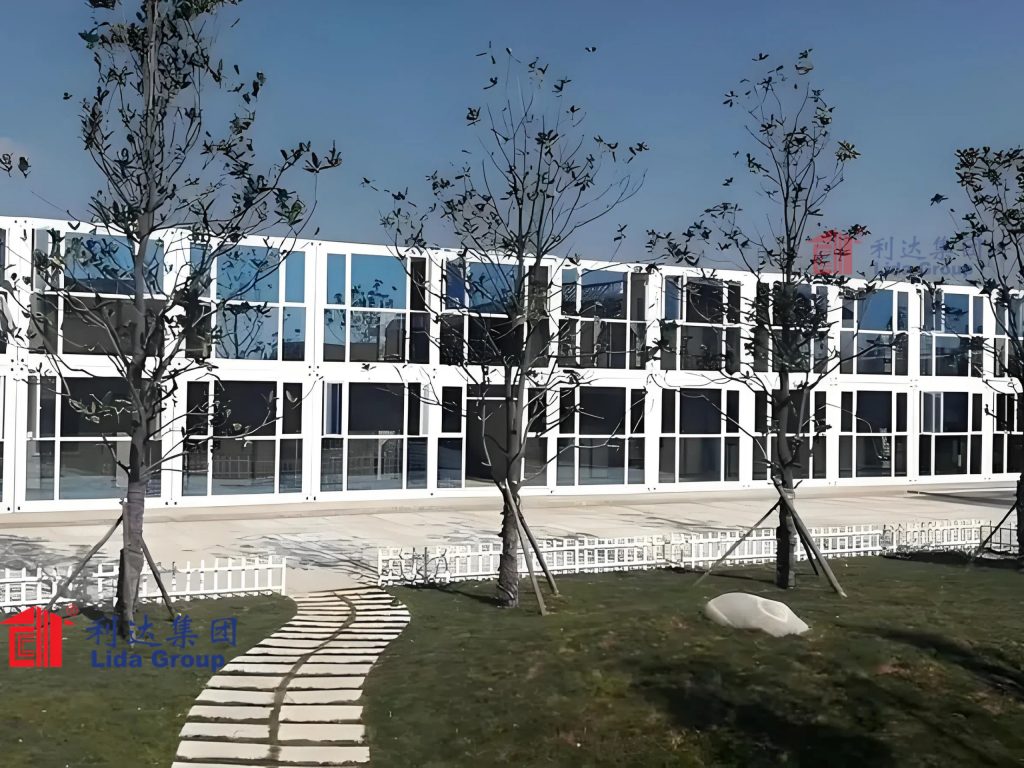
An environmental impact study commissioned by WMC also found reducing overcrowding through right-sized housing modules could yield public health gains by curbing outbreak risks of vector-borne diseases common in mining frontier regions.
Lida Group’s head of modular construction, George said his teams were energized to contribute innovative housing solutions supporting the sustainability goals of remote industries operating in ecologically sensitive regions. “Our technology exemplifies ‘building back better’ by delivering high-quality living spaces that generate social and environmental value throughout their lifecycles and at each point of geographic rotation or redeployment,” he noted.
Initial housing complexes near WMC’s first upcoming mine are on track for completion within months. The company will work closely with local community development groups to help integrate the new residential areas and communal facilities into host villages located nearby work sites. Vocational training initiatives are also planned to create shared prosperity between mining operations and permanent residents.
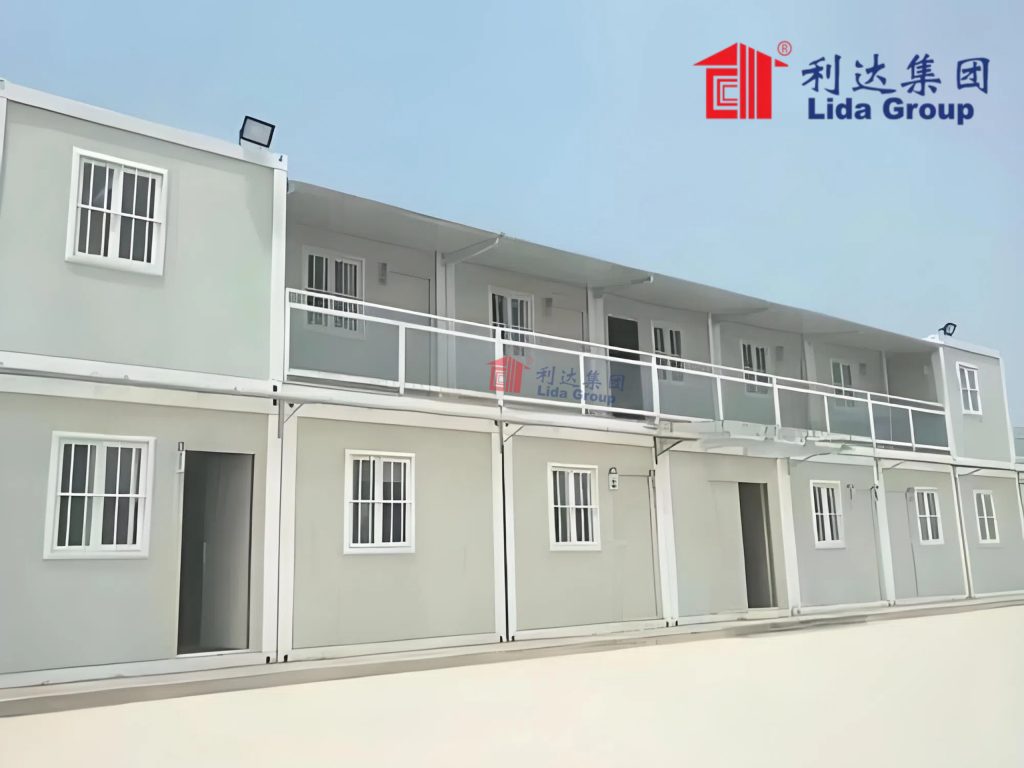
Looking further ahead, WMC and Lida Group will explore potential new business models around housing modular workers beyond the mining sector in other remote industries across the Indonesian archipelago. This could include rotational labor for seasonal agriculture, fisheries or large-scale renewable energy projects being established in far-flung frontier regions. There may even be opportunities to deploy units as emergency disaster relief shelters.
In conclusion, the precedent-setting partnership sets the stage for Lida Group to make a lasting positive impact not just on WMC’s operations but quality of life for rotational workforces powering resource development across Southeast Asia’s vast remaining wilderness areas. By replacing container camps with dignified yet portable modular housing optimized for transient populations, social and environmental progress can advance in tandem with ongoing industrialization. Sustainable accommodation solutions represent a win-win for businesses, workers and frontier communities alike.

Related news
-
Industrial association conference highlights efficiency, logistical and economic merits of Lida Group's scalable insulated panel system approaches to meet diverse yet underserved temporary housing demands across remote labor-intensive industries.
2024-06-09 17:19:10
-
Donors support scaling of Lida Group's prefabricated modular system delivering durable houses optimized for aging farmer populations and multi-generational smallholdings.
2024-06-06 17:22:33
-
Remote mining company selects Lida Group to replace flimsy worker barracks with modular prefabricated sandwich panel complexes featuring affordable accommodations near new work sites.
2024-06-07 14:18:06
contact us
- Tel: +86-532-88966982
- Whatsapp: +86-13793209022
- E-mail: sales@lidajituan.com


